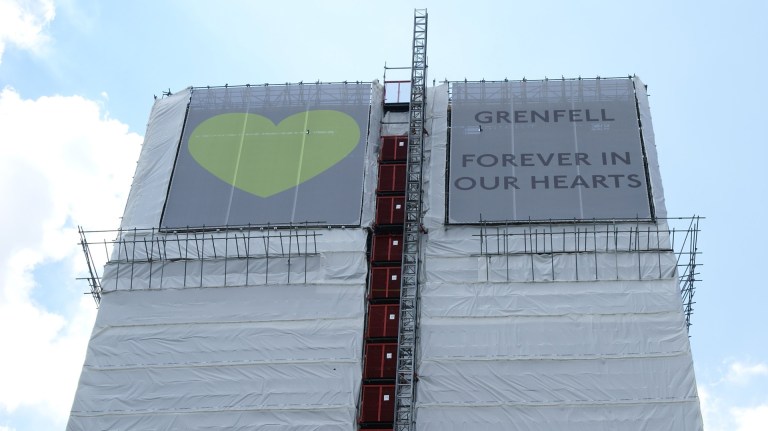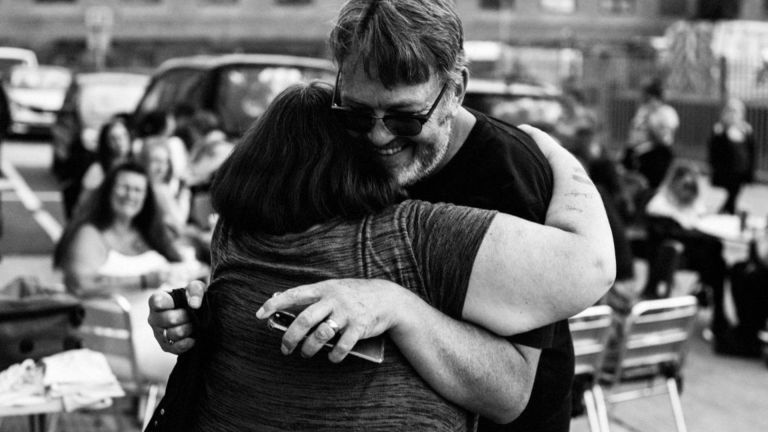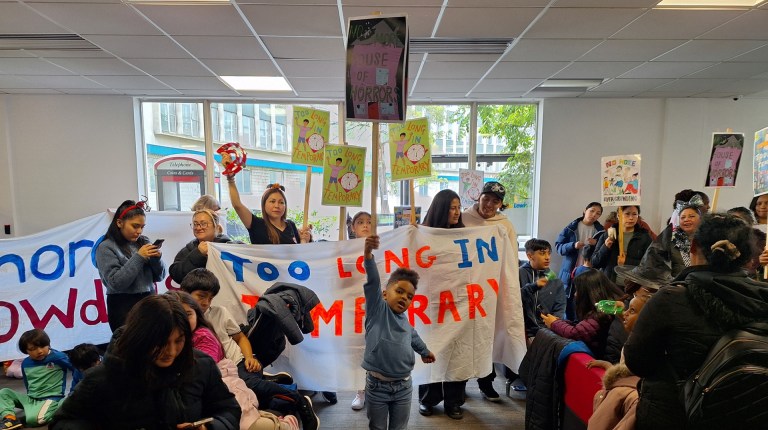Statisticians only started recording homeless deaths in 2018 following the Bureau of Investigative Journalism’s Dying Homeless project and work from the Office for National Statistics to begin an official count in England and Wales.
Tuesday’s Scottish figures come a day after the Dying Homeless project – now run by the Museum of Homelessness – estimated 176 people died without a permanent home in Scotland in 2020 with 976 deaths across the UK as a whole.
And the latest official figures from the Office for National Statistics, released in December, estimated 778 people died without a secure home in England and Wales in 2019.
A spokesman for charity Homeless Network Scotland echoed Sparkes’ call for prevention and said: “Home is vital for good health, but homelessness is not always prevented or responded to quickly enough. We need to go further to ensure that when someone seeks help there is no wrong door.”
A majority of the 216 deaths counted in Scotland were male and the average man died at the age of 43. For women the average age was just 39 years old.
Each one of these deaths is a tragedy, representing some of the most vulnerable people in our society
The figures mean Scotland has the highest homeless death rate out of any country in the UK, with 52 deaths per million, compared to 18 in England and 14 in Wales.
Housing Minister Kevin Stewart insisted the Scottish Government is “prioritising ending homelessness once and for all”, pointing to the £50 million Ending Homelessness Together fund’s focus on helping local authorities to find settled accommodation for those who need it.
Stewart also said efforts are being made to address drugs deaths in Scotland with £250 million backing the Scottish Government’s Drugs Death Taskforce to tackle homelessness, improve mental health services and links to addiction services.
He said: “Each one of these deaths is a tragedy, representing some of the most vulnerable people in our society. While this report is based on experimental statistics, its findings will help the Scottish Government to further understand the many issues affecting the most vulnerable in our society as we redouble our efforts to eradicate homelessness.”
The National Records for Scotland’s head of vital events Julie Ramsay stressed the statistics are “experimental” as the group work with the England and Wales’ Office for National Statistics to improve the methodology.
Currently both groups use death certificates to indicate whether a person died while homeless.
This differs from the method used in the Museum of Homelessness’ Dying Homeless project, where freedom of information requests, crowdsourced information and local news stories are used to keep count.









